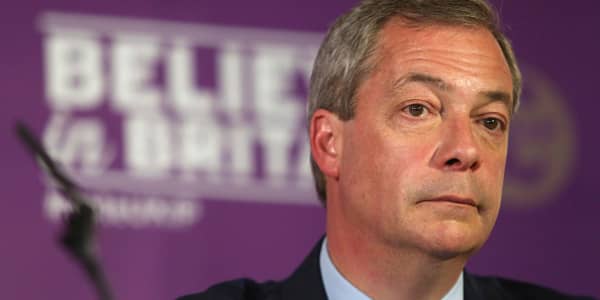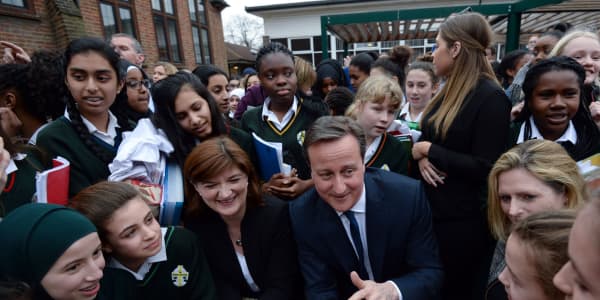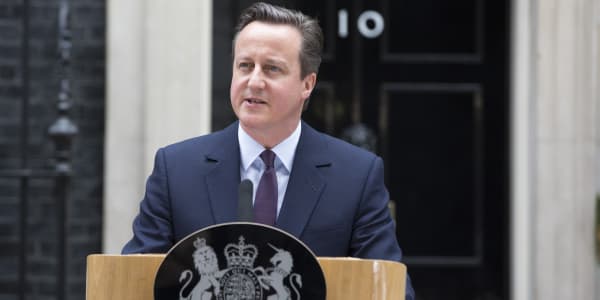With the U.K. general election less than a month away, the polls continue to point to a hung parliament – when no one party wins an outright majority - when the dust settles after May 7.
Following recent televised leaders' debates (there were no "knockout blows" in either the national or Scottish versions of the event), the opposition Labour party and the incumbent Conservatives are currently neck and neck in the national polls. The U.K. Independence Party (UKIP), meanwhile, is polling just under 15 percent and while the junior coalition partners – the Liberal Democrats – have seen a modest uptick in support, it remains in single figures.
Equal support for the two largest parties might typically have been enough to put Labour into office with a hair's breadth majority, thanks to the U.K.'s first-past-the-post electoral system. But this time is different: the sharp rise in Scottish Nationalist Party (SNP) support following last year's independence referendum has come at the expense of Labour votes – the Labour party is expected to lose many seats to the SNP at this election.
Labour-led government
As such, this is shaping up to be the most uncertain election in living memory, with even professional pollsters struggling to make sense of what political configuration may result in its aftermath.
Whichever of the two main parties is the larger after this election, neither is expected to come close to a majority. And whatever the result, we at Deutsche Bank have been arguing there are few "good" outcomes for the financial markets.
Consider first a Labour-led government – based on current polling there looks to be more chance of this given the willingness of the SNP to lend its support and the more natural left-leaning ideology of the Liberal Democrats. Unlike the current coalition, where the Liberal Democrats acted as a brake on some of the Conservatives' more right-wing policies, the SNP could encourage Labour to move further to the left in government.
Read MoreWhat's worrying thewealthy ahead of UK election
The result would be increased taxes (mansion tax, top-rate income tax, abolition of the "non-domicile" regime), less austerity and likely a slower reduction in the deficit. One consequence could be higher short- and longer-term interest rates as markets reassess the U.K.'s willingness to accumulate sovereign debt, and the Bank of England responds to higher near-term growth thanks to stronger government spending.
Conservative-led alternative
But will this be seen by the markets as any worse than the possible consequences of a Conservative-led government?
In particular, the promise of a referendum on membership of the European Union by 2017 – assuming the Conservatives can convince their governmental partners to include this in a coalition agreement – could have negative consequences for both investment and sterling.
After all, the U.K. is the second most important destination in the world for inward investment after the U.S. Whatever the result of the referendum itself, its announcement would mean two years of uncertainty over whether the U.K. remains in the single market. This would undoubtedly present a serious test of the resilience of foreign direct investment, and would likely depress the currency as a result.
With many different political configurations possible after this election, the probability distribution of the various outcomes is exceptionally flat. There is a good chance that the electorate vote for "none of the above" – that the distribution of parliamentary seats among the parties renders it impossible for any grouping to form a stable government.
While the Fixed Term Parliaments Act introduced in 2011 makes fresh elections more difficult, this remains a real possibility resulting in a period of potentially prolonged volatility in the U.K.'s financial markets. In short, if the polls stay where they are, it's easy to see why there may be no good market outcomes of this general election.
George Buckley is chief U.K. economist at Deutsche Bank.




